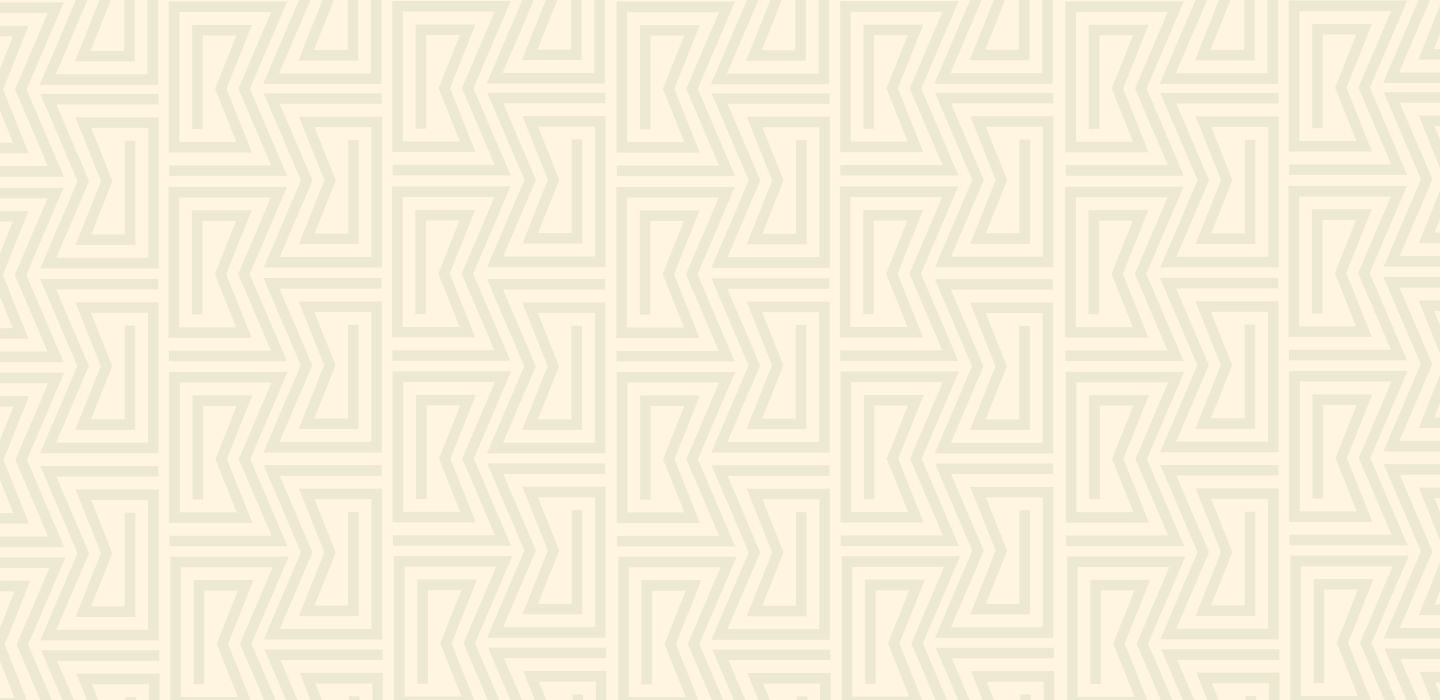‘I drink my Champagne when I’m happy and when I’m sad. Sometimes I drink it when I’m alone. When I have company I consider it obligatory. I trifle with it when I’m not hungry and drink it when I am. Otherwise I never touch it – unless I’m thirsty!‘ This famous quote can be attributed to Madam Lady Bollinger in a 1961 interview with the Daily Mail.
So in this episode we explore the world of champagne with Group Bollinger’s CEO & Chairman, whose family have been central to the sustained success of both the brand and product since 1869. In a rare public interview, he discusses the firm’s history, associations with James Bond and key markets.
He also covers vintage and non-vintage, Ayala (its sister brand), climate impact, expansion into Burgundy, the Loire and Oregon, and the opportunity to become closer to consumers via technology.
He then discusses their investment in Bordeaux Index and their LiveTrade platform, why Rosé is not a fad and the optimal temperature to serve champagne!
Never miss an episode
Be the first to listen to new episodes and receive a breakdown of the key points discussed.



_result.webp)


_result-p-500.webp)


.png)
.avif)




.avif)

.png)
.avif)

